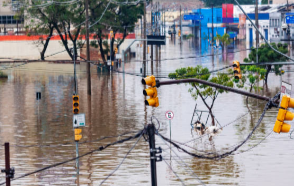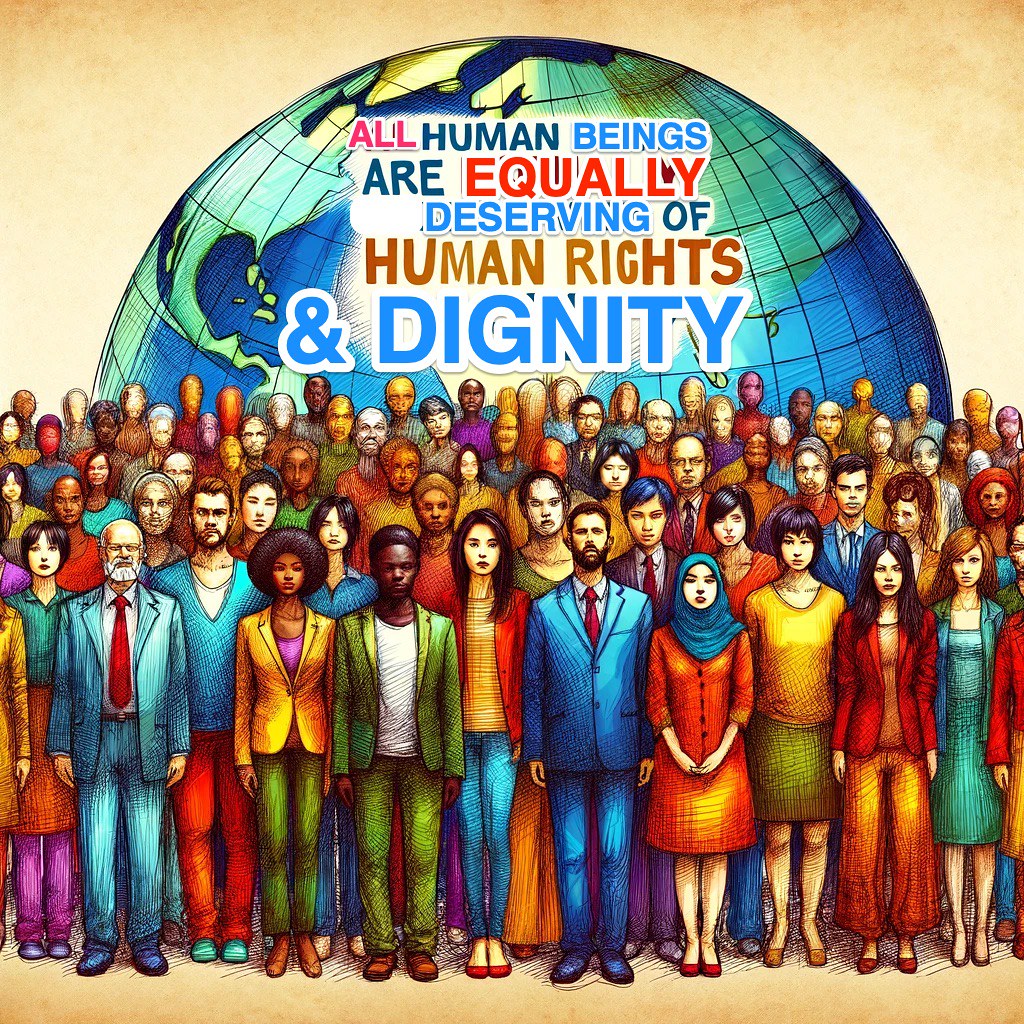
Spain has always been plagued with a series of storms during autumn, but over the past few weeks, a series of flash floods have proved to be more detrimental than the ones seen thus far. The harshness of these floods has caused entire villages to be submerged in a matter of days. Roads are turning into mud rivers, cars are piling up as rushing water sweeps through the streets, and frequent power outages trouble the area. Yet the question still remains – what exactly is causing these floods?
One of the reasons for these floods could be excessive rainfall caused by the temperature drop. According to meteorologists, the rate of rainfall is likely a reaction to the cold air covering the Mediterranean Sea. This cold front had caused moisture to build up in the atmosphere, building vigorous storm clouds. Global warming also makes storms more intense by increasing rainfall by 12%. While increased precipitation is one result of global warming, thermal expansion is another result and a leading contributor to the rise in floods. Since warmer water expands, when sea levels rise it adds to the risk of coastal flooding. Seeing the Mediterranean Sea reached its highest recorded temperature of 89 degrees this past August, thermal expansion certainly has played a role in the severity of these flash floods. Allowing for global warming to worsen in the coming years will only cause these surges of rain to be heavier and more frequent leading to deadlier consequences for people.
Many people have lost their homes, livelihoods, and family to the damage of these floods. Rescuers are now digging through the mud in search of survivors, but they are mostly uncovering people who have been killed due to the flooding. Over 200 people have been found dead under the mud, with many more to come as the search continues. Most of these deaths were discovered in Valencia, a tourist region on the coast of Spain.
Within Valencia, videos reveal bridges washing away, damaged train tracks, as well as destroyed homes. Thousands of residents have been seen trapped inside their vehicles and homes, struggling to find areas of refuge. The damage to property and infrastructure can result in substantial economic losses, both in terms of immediate repair costs and long-term economic impacts on affected communities. Economists estimate that there will be up to billions of dollars in flood damage.
The damage to transportation networks will hinder the movement of goods. This can lead to delays and increased costs for exporting and importing products, making trade less efficient in the coming months. Spain is a major producer of fruits and vegetables, and seeing as thousands of crops have already been lost, it will be difficult for farmers to salvage anything in the near future. This can also wreak havoc on countries who have trade relations with Spain. For example, countries relying on Spanish exports may experience delays and shortages of goods. Ultimately, this can cause production slowdowns.
While there is nothing people can do to stop the flooding from happening now, in the future we can take action to stop climate change from progressing. The world is now at least 1.3 degrees warmer compared to the 1800s, which causes natural disasters such as these floods to happen on a larger scale. The World Weather Attribution encourages people to be more sustainable to prevent natural disasters from occurring as often, and as drastically. It is important that communities work to educate themselves on the impacts of climate change and the importance of sustainable practices. Individuals can reduce their carbon footprint by using energy-efficient appliances, reducing car travel, and switching to renewable energy. Your carbon footprint matters.


![[Shark Fin Soup] by [Harmon] is licensed under [CC BY-ND 2.0]](https://flhsprospect.com/wp-content/uploads/2025/04/Screenshot-2025-04-24-8.24.37-AM.png)




